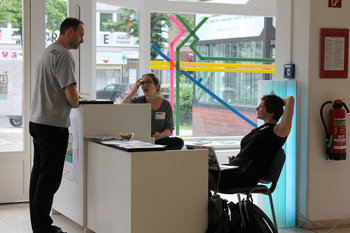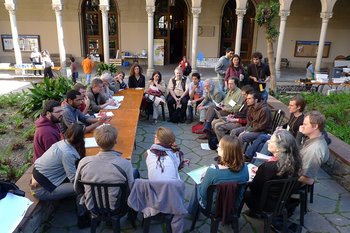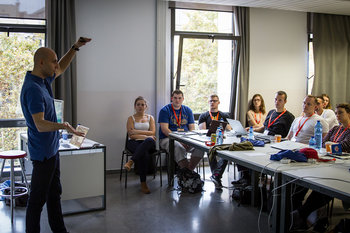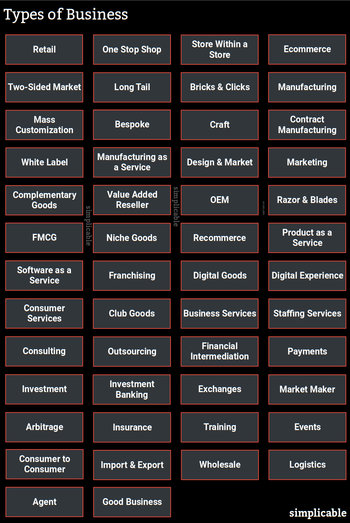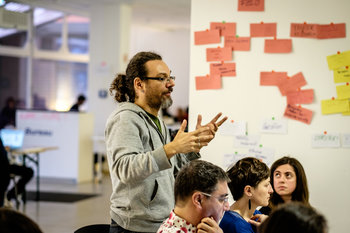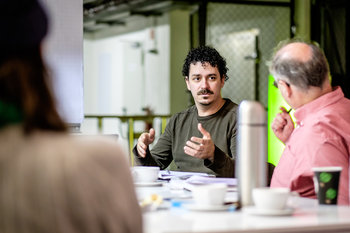
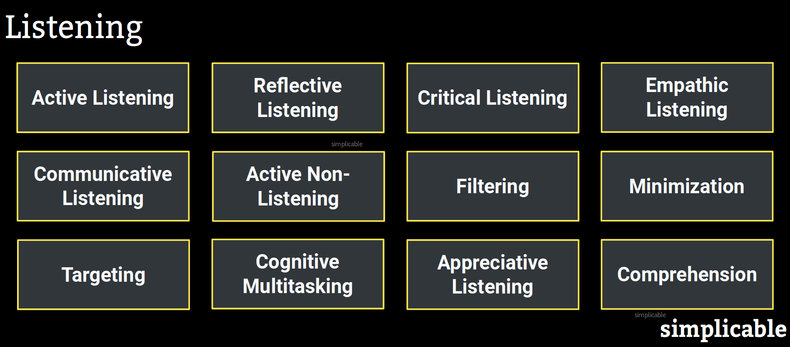
Active Listening
Finding ways to stay actively engaged in listening to avoid the temptation to think about something else. For example, actively asking questions such that you need to stay on top of things. Note taking is another type of active listening.Reflective Listening
A weak form of active listening that involves summarizing or restating what has been said. Often confused with active listening.Critical Listening
An approach to active listening that involves analysis and evaluation of what is being said.Empathic Listening
Another approach to active listening that involves interpreting the emotions behind what is said as opposed to the logical meaning of words.Communicative Listening
Paying attention to what you are communicating as a listener with your verbal and non-verbal responses. For example, taking care to look like you are listening, even if you are not.Active Non-Listening
Actively refusing to listen as a strategy such as sidelining. Active non-listening may also be motivated by a sense that speech is polluting your thought processes. For example, listening to someone who is steeped in negativity such that it is bringing you down.Filtering
Seeking useful information in a long stream of speech. For example, listening for information that applies to you in a conversation that mostly doesn't apply to you.Minimization
Seeking just enough information to understand the basic context and topic such that you might be able to respond if prompted.Targeting
Seeking specific information in a long stream of speech. For example, a student who is only listening for the teacher to declare that it is lunch time.Cognitive Multitasking
Attempting to listen and think about something else at the same time. This is often described as "drifting off" when someone is talking.Appreciative Listening
Listening because you genuinely find a speaker or conversation interesting. For example, listening intently to a good story.Comprehension
It is often said that listening is a skill. This is particularly true when listening to a second language or language that is unfamiliar such as industry or academic jargon. When you are immersed in a second language listening requires far more attention as it is easy to misunderstand. This can make high order listening such as critical listening more difficult as you are more focused on comprehension.| Overview: Listening | ||
Type | ||
Definition (1) | The processing of verbal communication. | |
Definition (2) | The processing of verbal communication and associated non-verbal communication and emotion. | |
Related Concepts | ||









